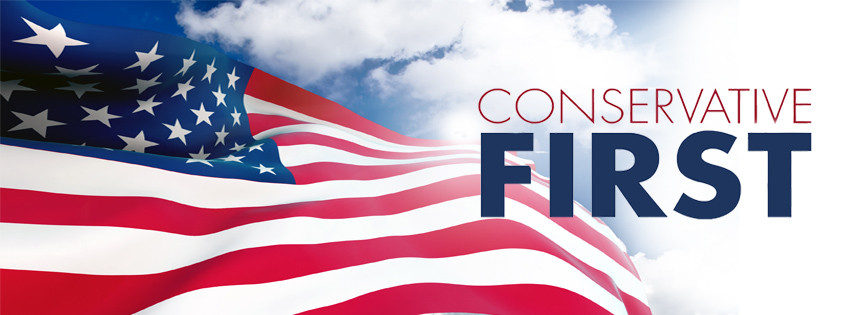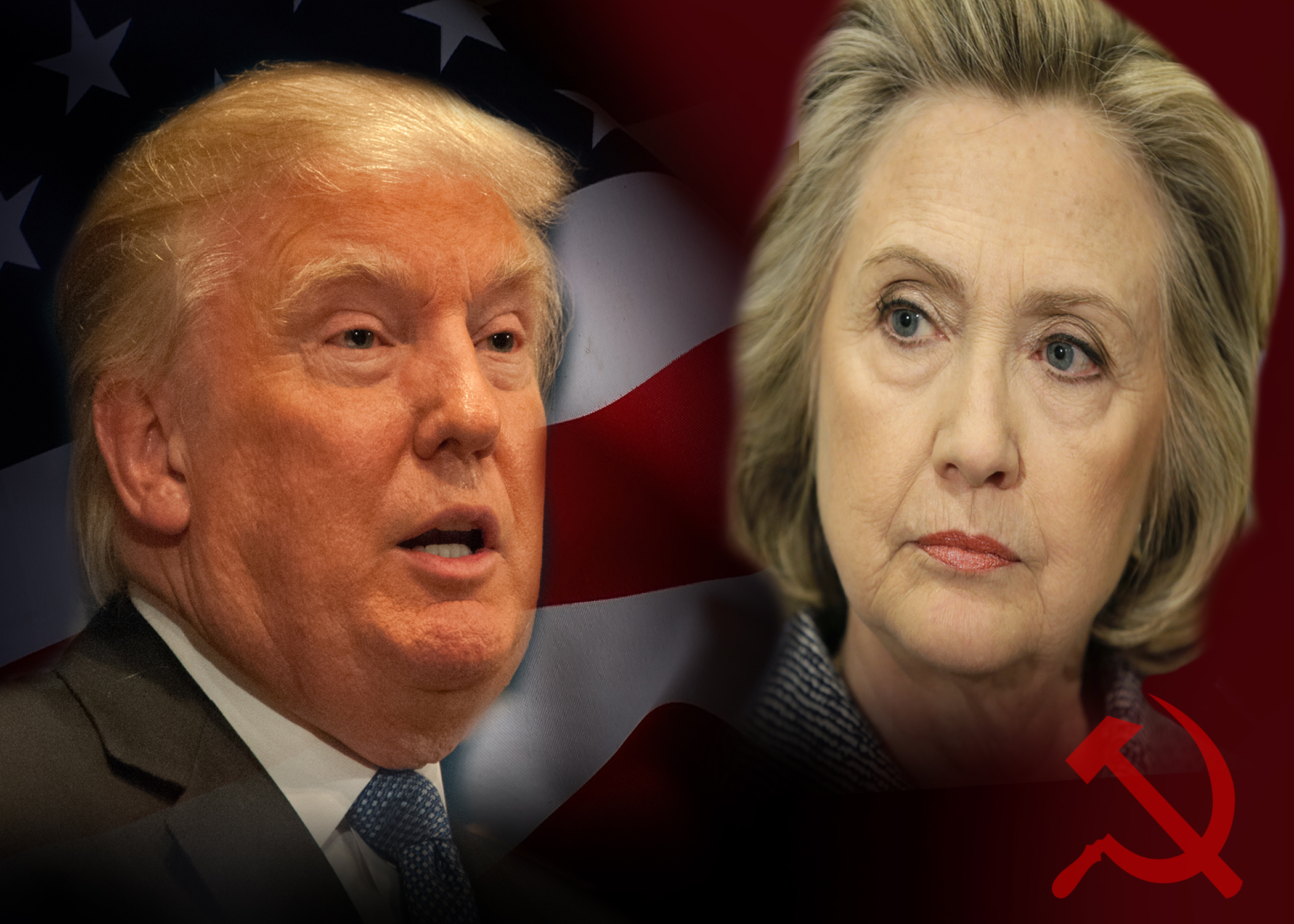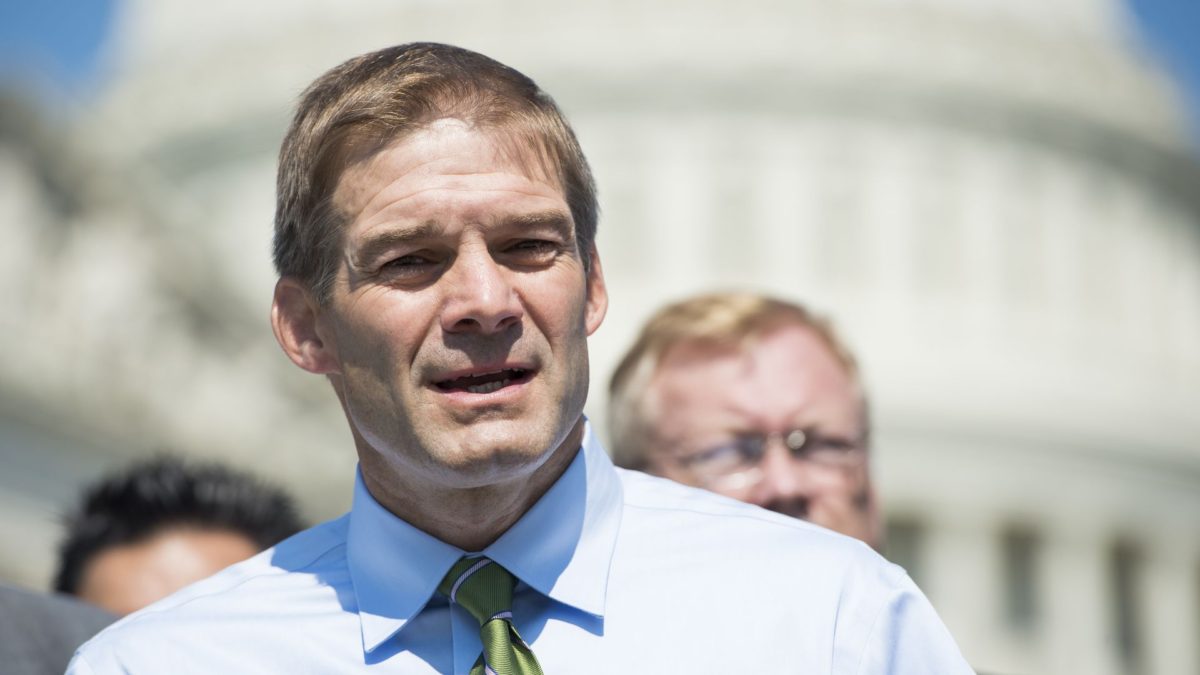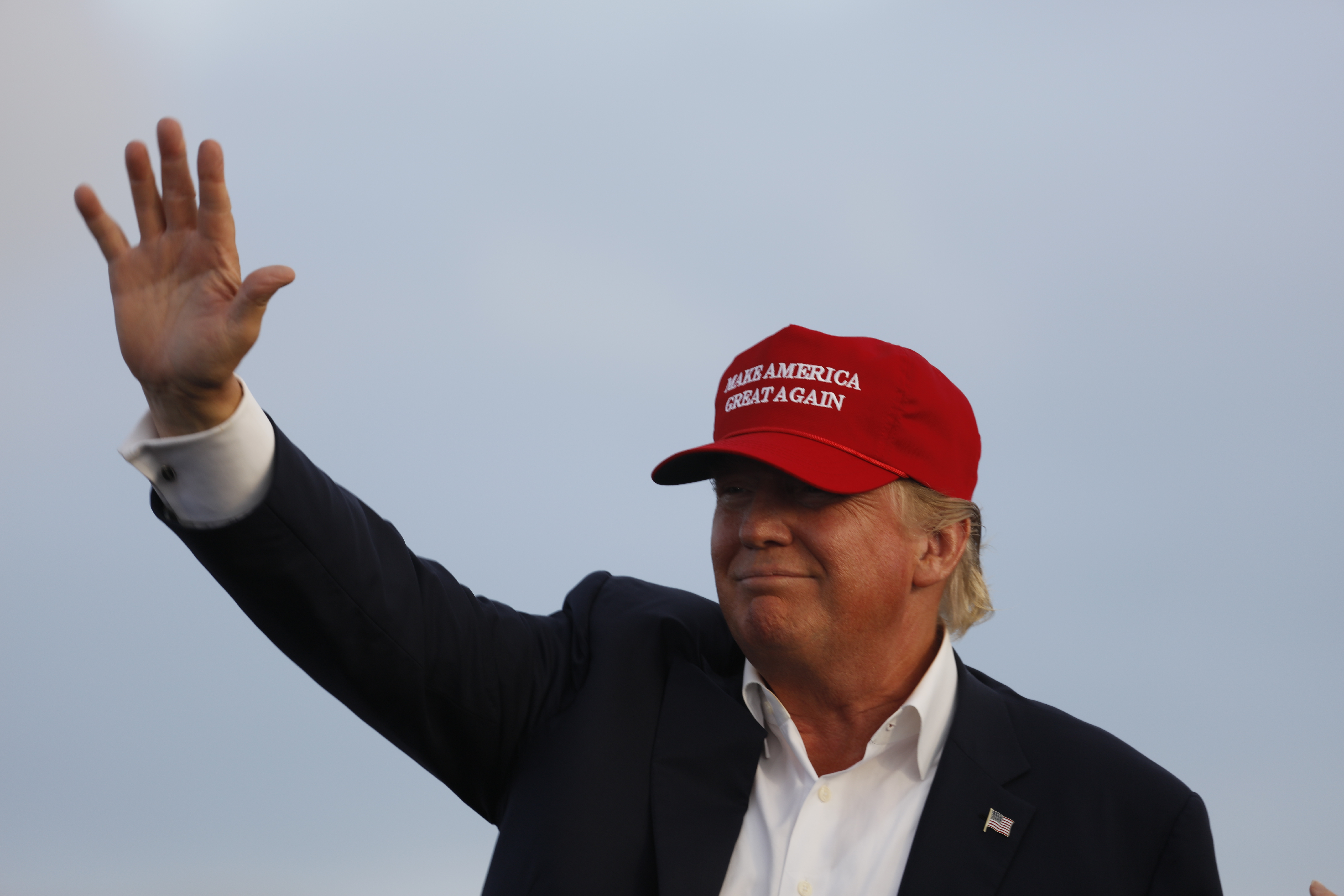by Thomas E. Connors
The Republican Party started the 2016 Presidential race with several bona fide conservatives and free-market candidates from which the American people could choose.
Alas, after several hard-fought months of campaigning, the moment that conservatives all across America feared finally came to the fruition last night with Ted Cruz suspending his campaign.
Now, many conservatives and establishment Republicans must make a decision which they hoped they would not have to make on November 8th: hold their nose and vote for Donald Trump or stick to their principles and sit out this election.
If neither of these two are viable options, then allow those of us at Conservative First to suggest a different approach: rather than view this election in terms of Republican v. Democrat, or conservative v. liberal, perhaps bewildered conservatives and disenfranchised party establishmentarians should frame the election as a battle between a free-market candidate versus one who favors a government interventionist approach.
When one frames this election in the context of “capitalist v. socialist”, the choice becomes very clear: Donald Trump is the only option.
While Mr. Trump may be not be conservative on many issues, most notably social issues, his views on capitalism and free-market economics are less cloudy. After perusing Mr. Trump’s website, there are several notable issues which he is clearly on the right side.
Trump’s economic positions offer a stark contrast to the principles of inside-the-closet socialist Hillary Clinton and proud, self-proclaimed socialist Bernie Sanders. Clinton and Sanders would continue President Obama’s insistence that government play a major role in business which has grown far too incestuous the past seven-plus years.
Let’s take a look at a few of Donald Trump’s economic positions:
China: Donald Trump is calling for several modifications to current U.S. policy regarding China. One of those modifications includes insisting that China end its long-standing policy of currency manipulation. China’s currency manipulation destabilizes market forces and fosters insecurity with their trading partners – including the United States. The trading playing field would be leveled if China allowed its currency to behave in a more natural, fluid state similar to the way western nations allow their currencies to perform.
China also has a notoriously bad habit of not honoring U.S. patent and trademark laws. This action is an affront to freedom, because it de-incentives innovation, which is at the cornerstone of progress. This unwillingness to recognize U.S. laws creates a chaotic business environment, which ultimately harms U.S. consumers.
Taxes: You would be hard pressed to find an American, besides a Bernie Sanders or Hillary Clinton supporter, who thinks their taxes are too low, but what you might have more difficult time doing is locating one who thinks that corporate taxes are too high. If we are to believe the mainstream media, anti-corporate sentiment is high right now in America and the notion of relieving companies’ tax burden is heresy. However, considering that these companies only pass along their tax burden onto the consumer, a relief in corporate taxes would be a much-needed relief to the consumer’s wallet overall.
The tax code as a whole should be reformed, as Mr. Trump suggests. The U.S. tax code has been a tangled mess for far too long. The number of loopholes, shelters, dodges, etc., that exist are now seldom accessible for the average taxpayer, and only utilized by those Americans who can afford expensive tax attorneys. Also, because of the current tax code, those earning under $40,000 annually do not pay federal income tax, thus shifting the burden to the ever shrinking middle class once again.
Health Care: It is not surprising that Democrats and socialists do not understand that the way to greater economic success is by reducing the size and scope of government or they would not have implemented Obamacare or worse, advocate for a single-payer system. Health care costs are an ever-increasing load for American families and that burden would only increase under the current system. As of now, U.S. companies are able to hold the line, however, soon the costs will be too high for them to withstand and they will be forced to release their employees onto the health care market and pay the fine from Obamacare. The solution is to remove government interference; there is no reason for Americans to have the government meddling with their health care. Donald Trump has vowed to repeal and replace Obamacare.
The alternative to capitalism? Socialism espoused by both Hillary Clinton and Bernie Sanders. Both Democrats will leave the current U.S.-China policy in place, raise individual taxes while at least leaving corporate taxes right where they are if not raise them higher, and will preserve Obamacare at all costs while slowly pushing for a single-payer health care system loved by socialists all across the world.
Conservatives are an optimistic lot by nature; they tend to see the world with possibilities and satisfaction. But as conservatives, we are tired of holding our nose and voting for the lesser of two evils at election time. There are many reasons for both conservatives and establishment Republicans to stay home in the fall and not vote for Donald Trump. But just from an economic standpoint, and with millions of Americans hurting after a disastrous Obama economy, there are also many reasons to vote for Mr. Trump.
When November comes and it is time to vote for the next leader of the free world, Americans will hopefully see Donald Trump as the deliverer of free-market and capitalistic principles which will once again right the ship.
After all, as the great Margaret Thatcher once said, “The problem with socialism is that eventually you run out of other people’s money.”
Should Hillary Clinton be elected, we may finally see firsthand what the former great British prime minister was talking about.




